There is an evident split between the current Congolese President, Félix Tshisekedi, (pictured) and his predecessor, Joseph Kabila, after kabila was reported last April in Goma, the capital of North Kivu, an area controlled by the M23 rebels.
Since then, Kinshasa’s anger has spiralled on kabila and the Congolese justice system is now on the trail of the former head of state, as he is being accused of supporting the M23 rebels
This rebel movement, sponsored by neighboring Rwanda, has occupied key areas in the eastern Democratic Republic of Congo (DRC) for several months, with the Congolese army, being unable to recapture the area after negotiations initiated under the auspices of the African Union (AU) and Qatar failed.
This has generated a tense security atmospher, and legal proceedings for high treason have been initiated against Kabila, after the senate lifted his lifetime immunity last Thursday, May 22, his movable and immovable assets have been seized, and his party, the PPRD/FCC, has been suspended.
Joseph Kabila on his part has denounced this as a conspiracy against him and accused the Tshisekedi regime of incompetence on security issues proposing a 12-point solution to get the DRC out of the war.
Kinshasa authorities are not comfortable with Kabila and consider him as a man of the past, whose lessons in governance are of little value. He is more than ever before an enemy in the sights of the Congolese authorities, who want to make him pay for his supposed closeness to the M23 rebel.
There are fears he wants to return to power and want to use the M23 rebels to achieve this goal, after having ruled the country for nearly two decades but, Kinshasa authorities intend to hunt him down to his last fortification.
One can speculate on the attitude of the Congolese authorities, but there’s no smoke without fire, as the saying goes.
It should be recalled that kabila was an ally of Tshisekedi after his accession to power, in the 2018 presidential elections, as Tshisekedi was forced to form a coalition with Kabila, whose party swept the legislative elections at the time, gaining 300 seats out of the 500 in Parliament.
This alliance fell apart two years later, as the two men were not as close as previously thought. Since then, their collaboration has gone from allyship to distrust, before descending into total animosity, as we are currently witnessing.
Such is politics, a field in which the clash of ambitions sometimes leads to catastrophic scenarios. If interests diverge, yesterday’s allies can become today’s enemies. The now highly fractious relations between Tshisekedi and Kabila perfectly illustrate this state of affairs.













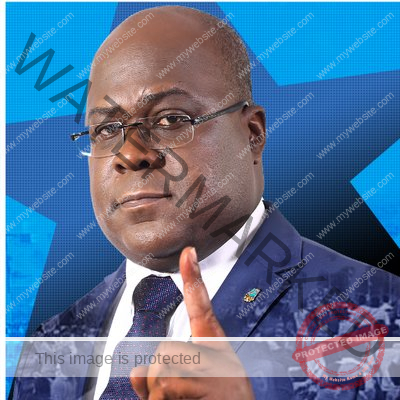
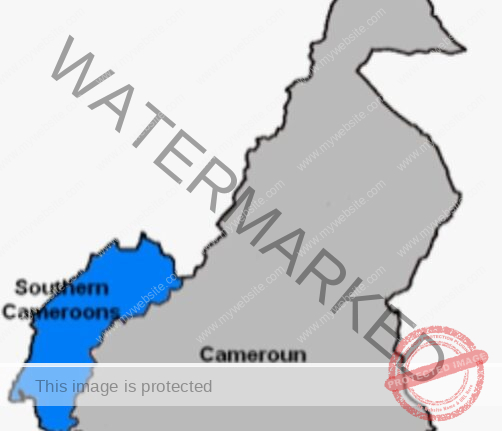


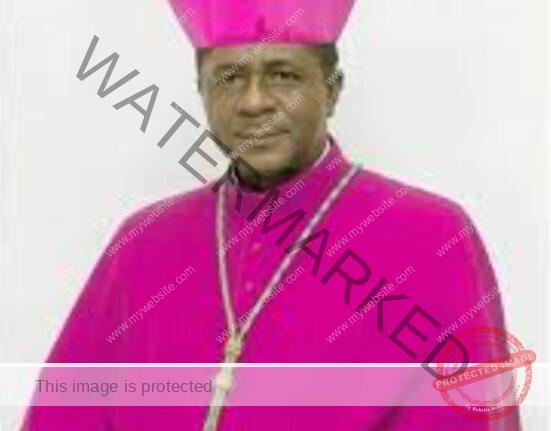
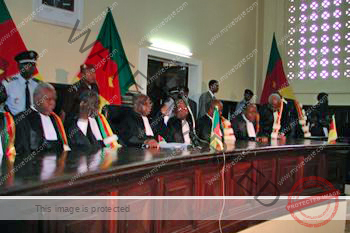
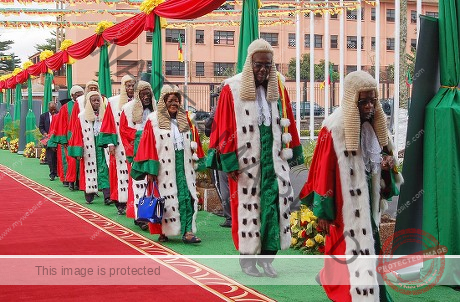

Leave feedback about this